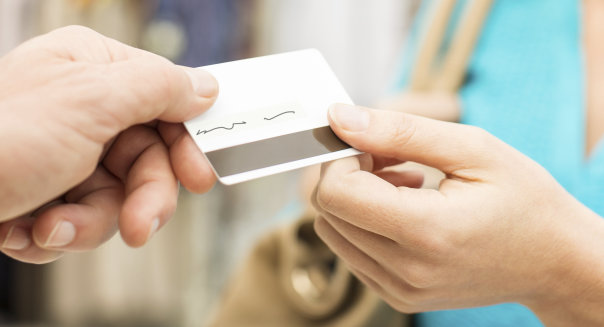Credit Card Monitoring: Is It Really Worth It?

Should you purchase credit-monitoring – that identification theft protection provider that claims to alert you whenever your cards company notices suspicious activity on your own account?The short answer? Most likely not. If you are proactive in monitoring and safeguarding your credit, you most likely won’t need these providers. But in some situations, credit monitoring and identification theft alerts might seem sensible. Read on to understand about free of charge alternatives to paid solutions, along with when it actually is practical to cover them.
You can already purchase one copy of every of your three credit file – one each maintained by the three national credit reporting agencies Experian, Equifax, and TransUnion. These credit file will list the total amount you owe on your own credit card accounts, and all energetic and inactive credit card accounts in your name. It will list any auto, home loan, student, or additional loans you are repaying, and how very much you borrowed from on these loans. Another region of your credit file lists any bad judgments against you, such as for example bankruptcy filings, housing brief sales, or foreclosures.
You can research these reports to discover any unusual financial activity in your name, such as for example credit card accounts you do not ever remember starting. You can also search for missed or past due car finance or mortgage payments you know you in fact paid on time. After that you can survey this suspicious activity to the credit reporting agencies.Another place that provides free credit monitoring is normally your credit card. Many bank that offer best credit cards give credit monitoring tools in addition to gain access to your credit history each month.
If you think that somebody has illegally applied for a debit card in your name, you may place a fraud alert with any or all the three credit reporting agencies. Once you do that, you have entitlement to a free duplicate of your three credit file once every 3 months, which gives you a lot more capability to monitor your credit by yourself. Filing a fraud alert can be free of charge, and lasts for 3 months. You can renew these alerts, again free of charge, as often as you would like. This type of protection renders identification theft and credit-monitoring solutions even more unnecessary.
You can also place fraudulent purchases on your own existing credit cards accounts without assistance from add-ons. Just research your monthly credit cards statement as it pertains in the mail. Better still, log on your credit card accounts weekly to study the experience on your card. In the event that you see a suspicious buy, alert the company of your cards. Plus, many banking institutions and credit card issuers will proactively alert you of any suspicious activity – free.
Know, as well, that you won’t end up being accountable for a huge bill also if someone uses your credit cards to run up thousands in new buys. Your liability for credit cards fraud is normally capped at $50 maximum, regardless of how many fraudulent buys were made out of your card. & most issuers of bank cards won’t ask you for anything in the event that you report fraudulent purchases.
There exists a caveat, though. Unless you take time to purchase your credit file, or if you pay out your credit card expenses each month without actually glancing at the brand new buys you made, spending money on an application like credit-monitoring or identification theft protection might seem sensible.Yes, that you can do everything that your credit card issuer offers by yourself, at no cost. But if you understand that you won’t take time to monitor your Citibank credit card accounts yourself? After that that small investment on a monthly basis might make financial feeling. This is also true in the event that you suspect ongoing fraud, or have got several new credit-related actions on your report.Sure, generally, spending money on monitoring doesn’t make economic sense. Nevertheless, you know yourself greatest – if spending money on credit monitoring could keep you greatest alerted to potential problems, it’s a great investment in your economic health.
